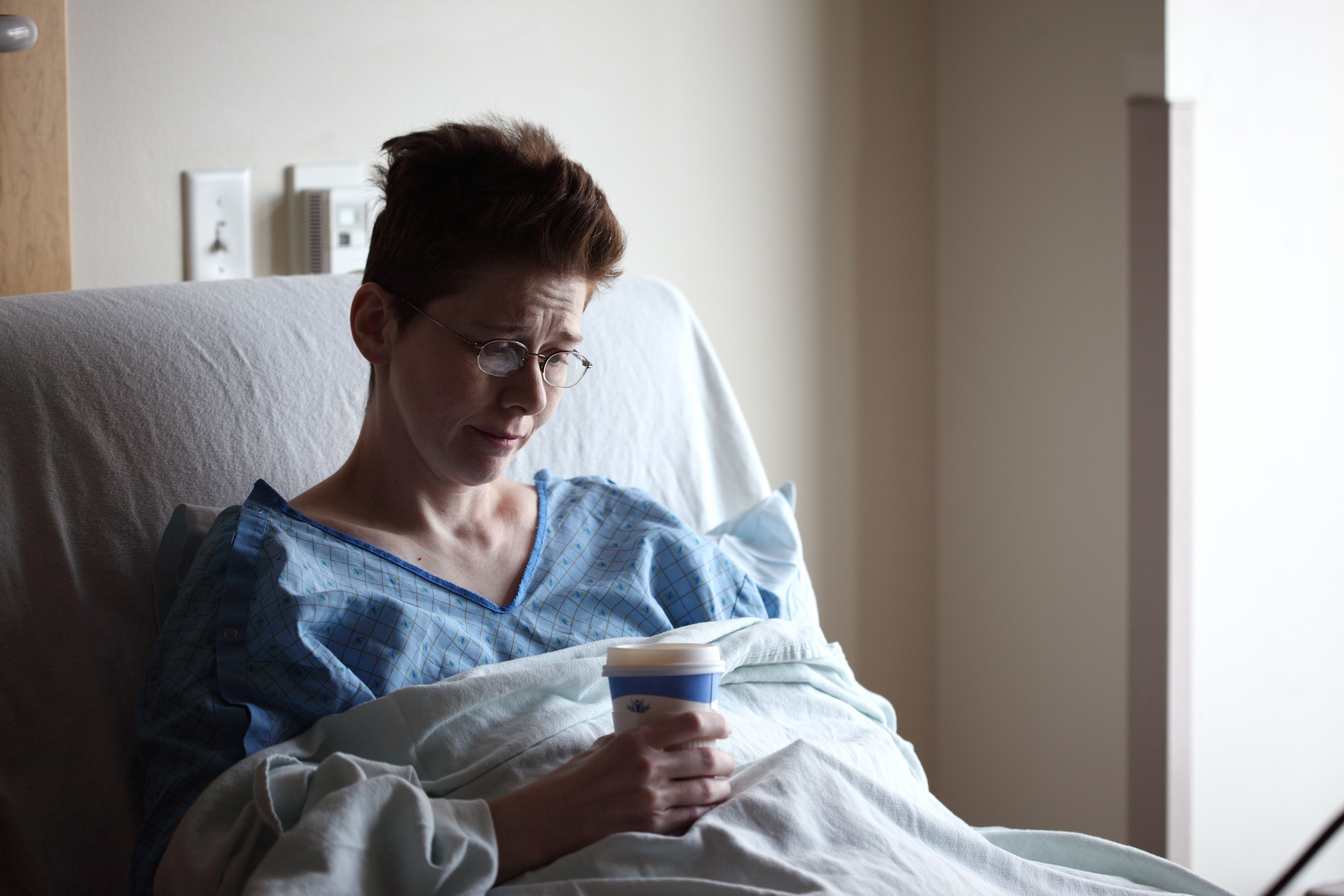Article
Universal Screening for HCV the Better Option for Pregnant Women
Author(s):
The CDC currently recommends every pregnant woman screened for hepatitis C virus.

New research shows only screening for hepatitis C virus (HCV) by risk in pregnant women results in a large percentage of missed diagnoses.
A team, led by Elisa T. Bushman, Center for Women's Reproductive Health, University of Alabama at Birmingham, examined whether universal screening is linked to increased HCV diagnoses and postpartum linkage to HCV care compared to risk-based screening.
Current recommendations from the US Centers for Disease Control and Prevention (CDC) and the US Preventive Services Task Force (USPSTF) call for universal hepatitis c virus screening in pregnant women.In addition, the Society for Maternal-Fetal Medicine (SMFM) and American College of Obstetricians and Gynecologists (ACOG) recommend risk-based screening for HCV in pregnancy.
In the retrospective cohort study, the researchers examined pregnant women who were screening for hepatitis C at a single tertiary-care center. The patients were split into 2 cohorts—women managed with risk-based screenings between January 2014 and October 2016 and women universally screened between November 2016 and December 2018.
Screenings
Screening was performed with ELISA antibody testing, which was viremia confirmed with HCV ribonucleic acid (RNA) polymerase chain reaction (PCR) tests.
The researchers sought primary outcomes of the rate of HCV screen positivity and postpartum linkage to care.
Overall, there were 16,489 women included in the study between 2014-2018, 7039 of which were screened for HCV. Of the patients screened, 266 were part of the risk-based cohort and 6773 were part of the universal screening cohort.
Positive Rate
There was a 29% (n = 76) positivity rate for HCV antibody screening (HCVAb + ) in the risk-based cohort and 1.3% (n = 90) in the universal cohort.
However, only 69% (n = 62) of HCVAb+ women in the universal cohort met the criteria for risk-based testing and of the remaining 28 women, 21% (n=6) had active viremia (HCV RNA+).
The researchers also found 64% (n = 103) of the HCVAb+ women were HCV RNA+—51 of 266 (19%) in the risk-based and 52 of 6773 (0.8%) in the universal cohort.
In addition, 75% (n = 125) of HCVAb+ womenwere referred postpartum for HCV evaluation and 27% (n = 34) were linked to care and only 9% (n =10) of women with viremia-initiated treatment within 1 year of delivery.
“Universal HCV screening in pregnancy identified an additional 31% of HCVAb+ women compared with risk-based screening,” the authors wrote. “Given low rates of HCV follow-up and treatment regardless of screening modality, further studies are needed to address barriers to postpartum linkage to care.”
Impact of COVID-19
Recently, researchers found HCV screenings have decreased because of the COVID-19 pandemic.
Hepatitis C Ab testing and new hepatitis C RNA identification decreased hospital-wide and in the ambulatory clinics alone after the preservation of resources restructuring took effect on March 16.
When the investigators compared the mean daily hospital-wide tests before and after the policy changes, they found that the mean decreased by 22.9 daily tests. The mean new hepatitis C-positive patients identified daily throughout the hospital decreased by 0.36 patients per day.
The study, “Pragmatic Experience with Risk-based versus Universal Hepatitis C Screening in Pregnancy: Detection of Infection and Postpartum Linkage to Care,” was published online in the American Journal of Perinatology.





